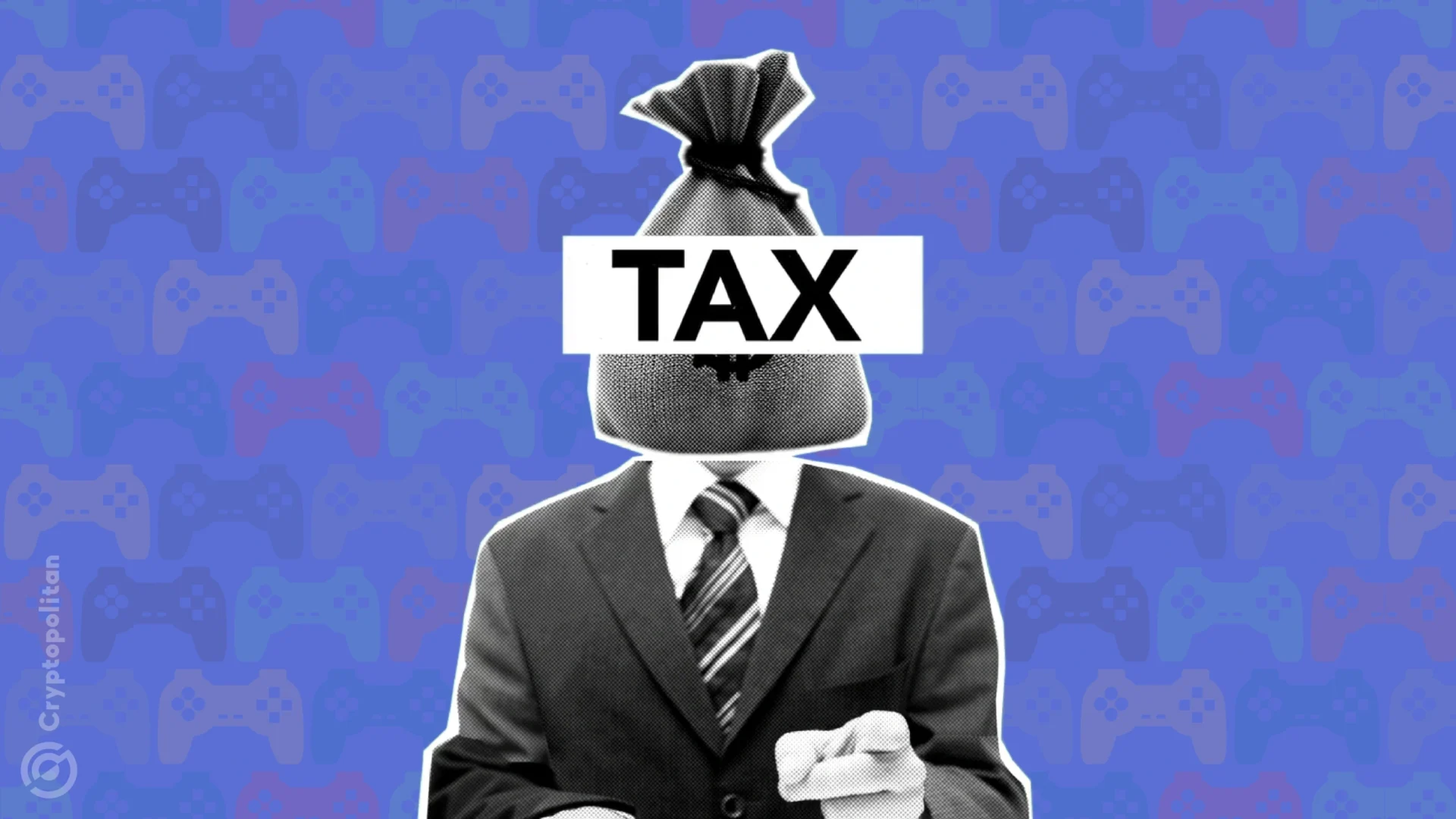Video game addiction emerges as a compelling topic in the realm of psychological studies and public discourse. Recognized by the World Health Organization as “Gaming Disorder,” this behavioral addiction manifests through persistent or recurrent gaming behavior, both online and offline. The individual exhibits impaired control over gaming activities, prioritizes gaming over other life interests and daily activities, and continues gaming despite the occurrence of negative consequences.
Navigating through the global gaming landscape reveals a startling prevalence of video game addiction, with an estimated 3 to 4% of the population grappling with gaming-related compulsion issues. Notably, the demographic most susceptible to this addiction encompasses males aged between 18 and 24, constituting a staggering 94% of gaming addicts. With a global gaming populace of 2 billion, the sheer volume of individuals affected by gaming addiction becomes notably significant, necessitating a thorough exploration and understanding of the phenomenon.
The discourse surrounding video game addiction is punctuated by debates and varied perspectives within the scientific and medical communities. While entities like the World Health Organization have accorded it official recognition as a mental health disorder, the American Medical Association has yet to categorize it as a diagnosable disorder. This divergence in perspectives underscores the complexity and multifaceted nature of video game addiction, propelling further research and discussions in the field.
This article endeavors to navigate through the intricate web of video game addiction, exploring its manifestations, implications, and potential mitigation strategies. Through a lens that intertwines scientific data, expert insights, and real-life narratives, the subsequent sections will illuminate the causes, impacts, and treatments of video game addiction. Moreover, the discourse will extend to prevention strategies, thereby providing a holistic overview aimed at equipping readers with comprehensive knowledge and understanding of the subject matter.
Understanding Video Gaming Addiction
Video game addiction, encapsulated as a behavioral addiction, has garnered recognition and elicited discussions among various health organizations. The World Health Organization categorizes it as “Gaming Disorder,” highlighting impaired control and prioritization of gaming, alongside the persistence of gaming despite negative repercussions. Conversely, the American Medical Association has not yet officially recognized it as a diagnosable disorder, illustrating the ongoing debates in the field.
Types of Video Game Addictions
Video game addictions can be broadly categorized into two types, each presenting unique challenges and patterns of behavior.
1. Standard Video Games: These typically single-player games often involve clear goals or missions and are not inherently social in nature.
2. Online Multiplayer Games: These games, potentially more addictive due to their social component and lack of an endpoint, allow players to interact and compete with others, fostering an immersive and continuous gaming environment.
Symptoms and Warning Signs
The manifestation of video game addiction encompasses a spectrum of emotional and physical symptoms, impacting various facets of an individual’s life.
1. Emotional and Physical Symptoms: Emotional symptoms may include irritability and restlessness, while physical symptoms can range from migraines due to intense concentration to poor personal hygiene.
2. Impact on Daily Life and Responsibilities: The addiction can permeate various aspects of life, including academic performance, occupational responsibilities, and interpersonal relationships, often leading to neglect and deterioration in these areas.
Causes of Video Game Addiction
The etiology of video game addiction is multifaceted, intertwining psychological, social, and biological factors.
1. Dopamine Desensitization: Prolonged gaming leads to consistent dopamine release, eventually necessitating more stimulation to achieve the same pleasure levels, propelling further gaming.
2. Instant Gratification and Reward Systems: The immediate rewards and achievements in games can skew perceptions of success and create a compelling loop of continuous play.
3. Escapism and Emotional Avoidance: Games offer an alternate reality, enabling individuals to evade real-life challenges and emotional distress, providing a temporary yet unsustainable reprieve.
4. Social Interaction and Online Communities: Online gaming communities can offer a sense of belonging and identity, especially potent for individuals struggling with real-life social interactions.
5. Genetic and Gender Factors: Research suggests potential genetic predispositions towards addictive behaviors, with males exhibiting higher susceptibility to gaming addiction.
6. Anxiety and Depression as Contributing Factors: The complex interplay between mental health conditions like anxiety and depression with gaming addiction often creates a cyclic pattern, where each condition can exacerbate the other.
The Impact of Video Game Addiction
Short-Term and Long-Term Effects
Video game addiction casts a wide net, ensnaring various aspects of an individual’s health and daily functioning.
1. Physical Health Implications: In the short term, gamers might experience fatigue, migraines, and neglect of personal hygiene. Prolonged engagement can escalate to sleep disorders and diet-related health issues, underscoring the tangible physical repercussions of gaming addiction.
2. Mental and Emotional Health Implications: Immediate effects often encompass moodiness and irritability, while long-term involvement in gaming can pave the way for depression, physical aggression, and other mental health challenges.
Social and Occupational Consequences
The social and occupational spheres are not immune to the pervasive impact of gaming addiction. Socially, individuals may experience isolation and poor development of interpersonal skills. Occupationally, persistent gaming can lead to diminished performance, lack of focus, and eventual discord in professional life.
Academic and Financial Ramifications
Navigating through the academic and financial implications of gaming addiction reveals a path of disrupted academic pursuits and strained financial circumstances. Academically, consistent gaming detracts from study time and focus, potentially leading to declining grades and disengagement from educational endeavors. Financially, the costs of gaming, including purchasing games, equipment, and in-game items, can spiral, leading to financial instability and stress.
Treatment and Management
Available Treatment Options
Navigating through the myriad of treatment avenues for video game addiction unveils a spectrum of viable options, each tailored to address specific facets of the disorder.
1. Medication: In some instances, pharmacological interventions, such as Bupropion, have been utilized to mitigate cravings and alter the brain’s chemistry, providing a neurological counterbalance to the dopamine desensitization induced by excessive gaming.
2. Therapy: Cognitive-Behavioral Therapy (CBT) emerges as a pivotal treatment modality, facilitating the development of healthier thinking patterns and equipping individuals with strategies to manage cravings and avoid triggers.
3. Self-Help and Online Programs: Platforms like Game Quitters offer a plethora of resources, including self-help programs, community forums, and educational videos, providing accessible and varied support to those grappling with gaming addiction.
The Role of Healthcare Professionals
Healthcare professionals, encompassing therapists, psychiatrists, and support group facilitators, play an instrumental role in the treatment trajectory. Their expertise facilitates accurate diagnosis, formulation of tailored treatment plans, and provision of ongoing support, ensuring that individuals are not navigating the recovery path in isolation.
Success Stories and Case Studies
The world of gaming addiction recovery is punctuated by numerous success stories, each echoing the resilience and potential for transformation inherent in every individual. Case studies reveal patterns of initial struggle, engagement with various treatment modalities, and eventual triumph over the addiction. These narratives not only serve as a testament to the efficacy of available treatments but also as a beacon of hope for those embarking on their recovery journey, illustrating that with appropriate support and resources, overcoming gaming addiction is an attainable goal.
Prevention Strategies and Tips
Identifying and Addressing Risk Factors
Navigating the prevention landscape necessitates a keen understanding of risk factors, including genetic predispositions, existing mental health conditions, and patterns of escapism. Recognizing these elements early on and implementing proactive measures, such as engaging in alternative stress-management strategies and fostering diverse hobbies, can mitigate the onset of gaming addiction.
Implementing Healthy Gaming Habits
Establishing and adhering to healthy gaming habits is paramount in prevention. This involves setting strict time limits, ensuring gaming does not encroach upon occupational or educational responsibilities, and maintaining a balanced lifestyle that incorporates physical activity, social interactions, and other recreational pursuits.
Parental Guidance and Control for Young Gamers
Parents wield significant influence in shaping the gaming habits of young gamers. Implementing structured gaming schedules, utilizing parental controls to restrict access, and fostering open communication about gaming and its potential pitfalls are pivotal in safeguarding against the development of gaming addiction in youth.
Educating Gamers on Safe and Responsible Gaming
Education emerges as a potent tool in prevention, equipping gamers with the knowledge to navigate the virtual world safely. This involves disseminating information about the potential risks of excessive gaming, the importance of maintaining a balanced lifestyle, and the availability of support resources should they find themselves struggling with gaming-related issues.
Conclusion
Addressing gaming addiction is imperative, considering its pervasive impact on physical health, emotional well-being, and social interactions. The consequences, spanning across various life domains, underscore the necessity of comprehensive approaches to manage and mitigate its effects.
Collective efforts, encompassing individuals, healthcare professionals, and the wider community, enhance the efficacy of management and prevention strategies, fostering a supportive environment for those affected by gaming addiction.
A unified call to action underscores the importance of collaborative endeavors among gamers, parents, and the gaming industry to safeguard against gaming addiction, ensuring the promotion of healthy gaming habits and the provision of requisite support mechanisms.





